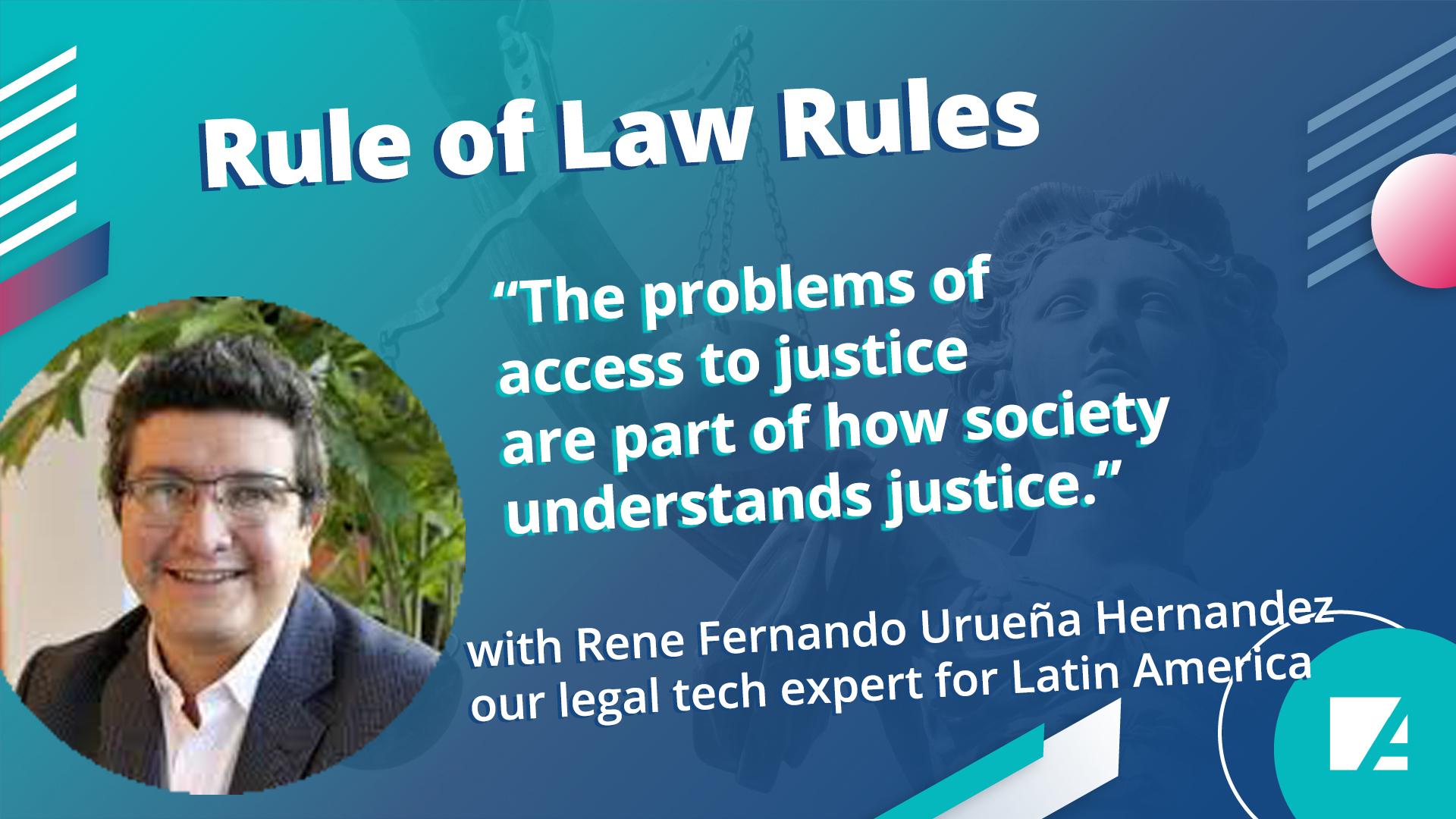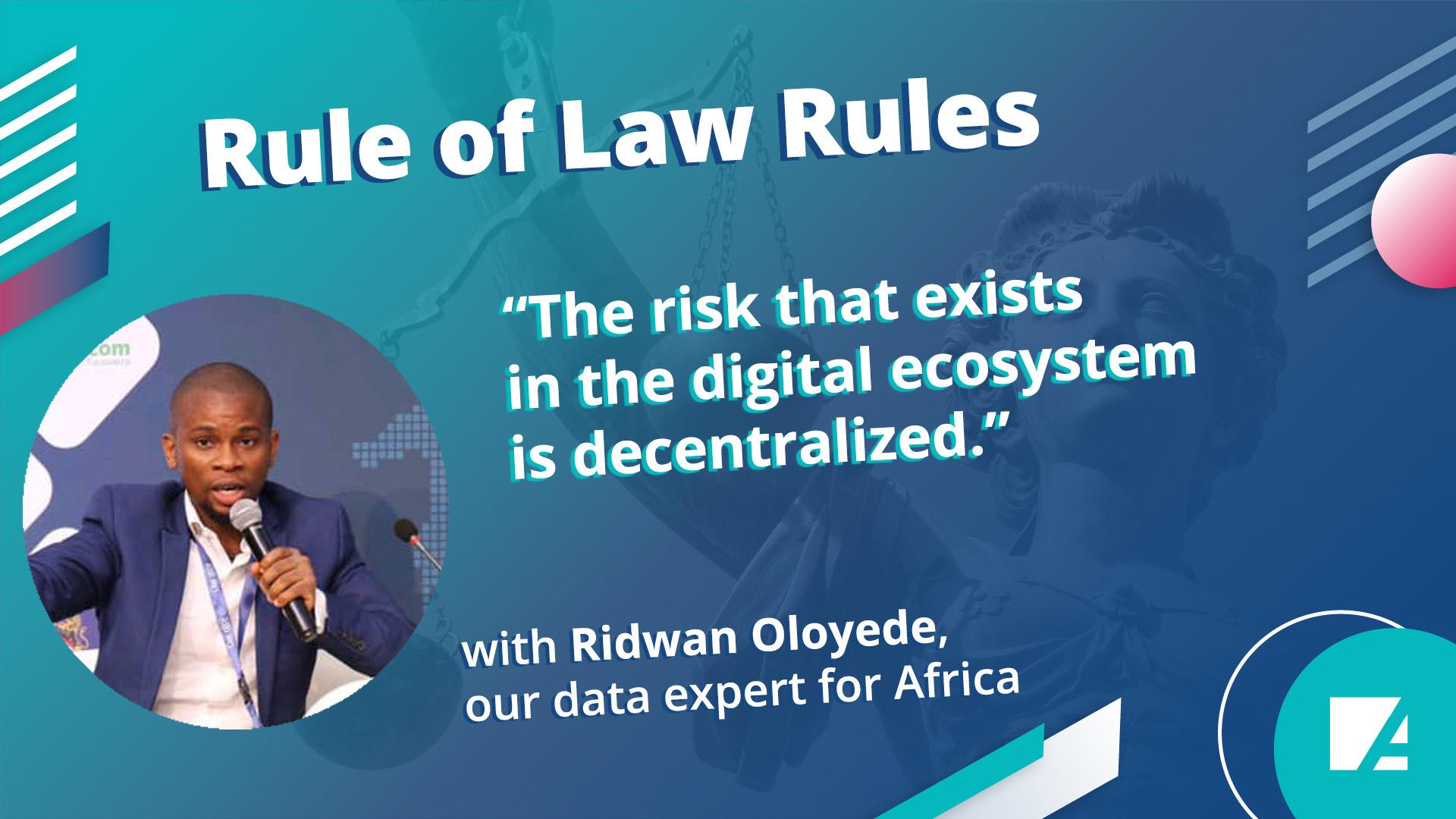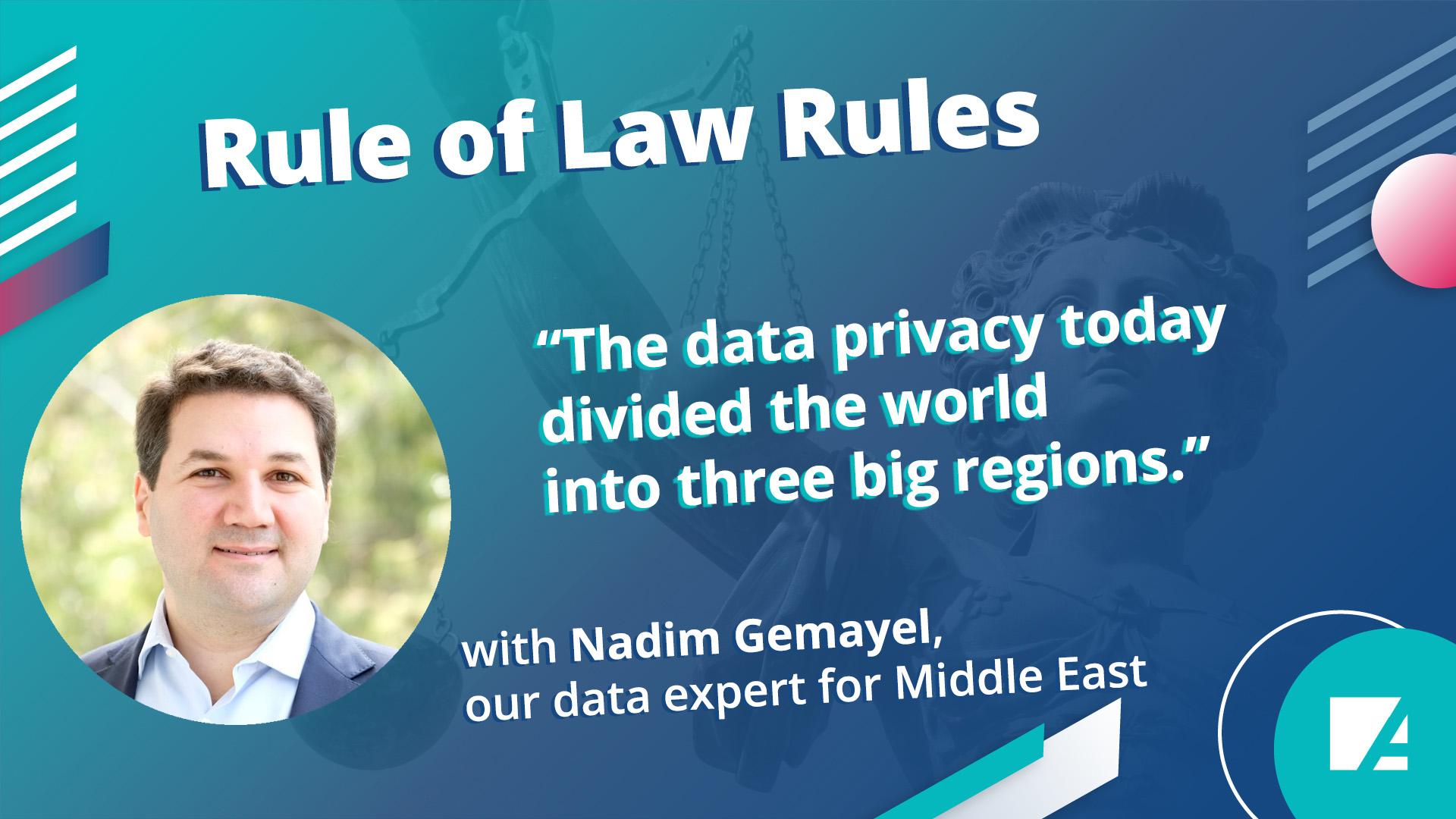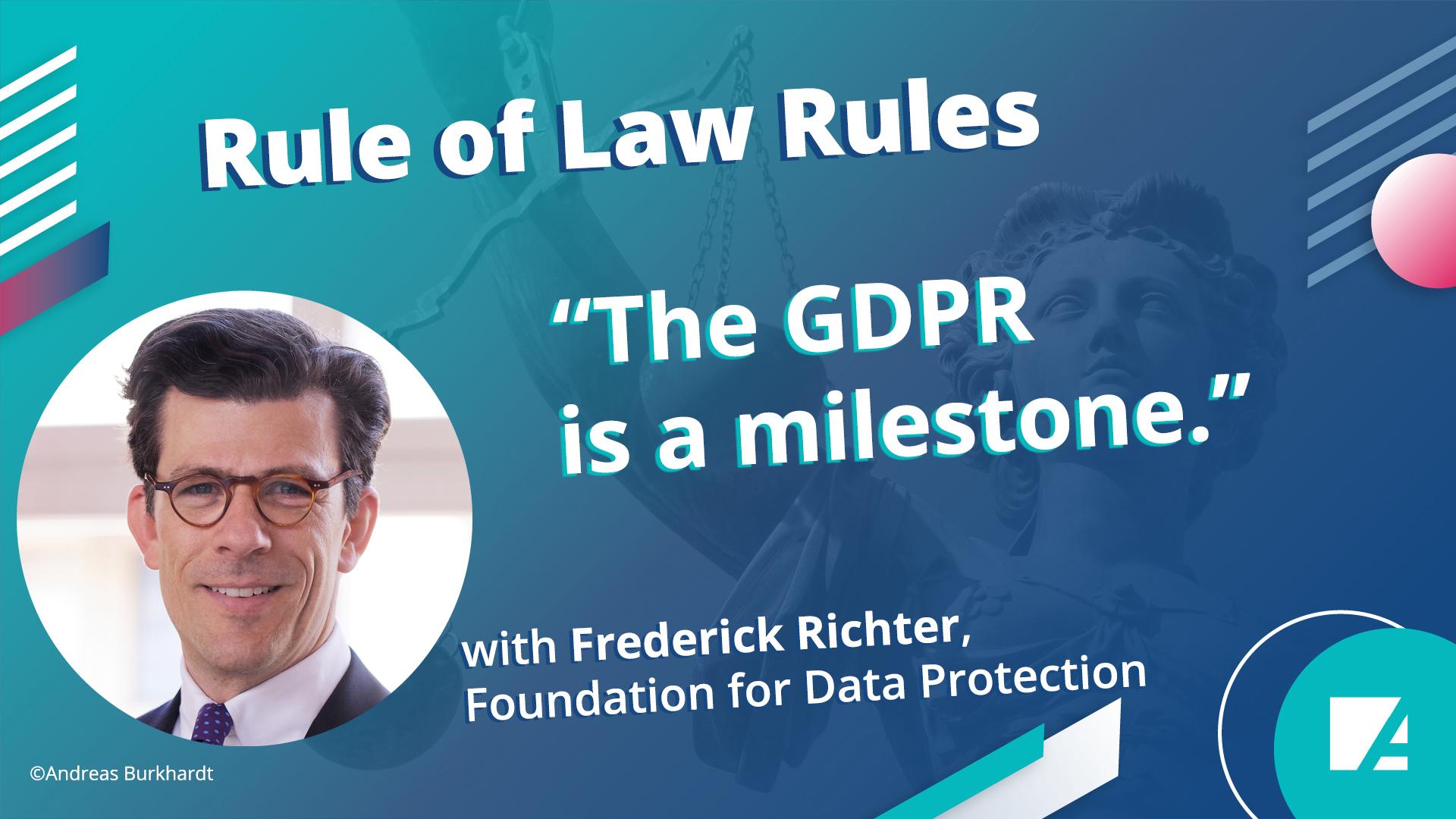Intra-party democracy in the elections for the CDU and SPD party leadership - Rule of Law Programme Asia
The election of party leaders has experienced a surge in democratisation in many Western democracies. In contrast, the German parties are known for their stable recruitment conditions, which are sometimes even reminiscent of "coronation fairs". Recently, however, changes can be observed in the two people’s parties CDU and SPD.
Empirically, the traditional recruitment model in the period from 1990 to 2016 is compared with the current changes between 2017 and 2022. These primarily include elements of decentralisation, a more comprehensive involvement of the party member base, increased selfinitiative in the candidacy process and an increase in visible competition between candidates. However, this multi-layered change is not a oneway street. Rather, a return to traditional selection patterns can also be observed in some cases. This raises the question of what effects more intra-party democracy has on the parties and their actions.
Member surveys are the most important element in the democratisation of internal party democracy, although regional conferences also have a certain democratisation potential. Both increase the inclusion of party members in the decision-making process to varying degrees. Both create transparency, firstly in the procedure for appointing the party leadership and secondly in the personal profile of the candidates and their programmatic and other goals for their own party. While member surveys decide more directly, regional conferences can highlight the political atmosphere within the party, even influence it and thus have an indirect effect on the final recruitment of key personnel.
Can this revitalise parties? Although inclusive processes can be tactically motivated, they do consider the changing participation needs of the general electorate. However, declining participation could also indicate participatory fatigue. On the other hand, the democratisation of intra-party democracy can also have unintended effects. The balance of power within parties can shift. From the parties' point of view, the results were either worse (SPD) or better (CDU). Both parties may thus have promoted a development in which the classic party functionary career as a decisive recruitment condition could fall behind.
Read the entire study: "Mehr innerparteiliche Demokratie wagen – Wahlen zum Parteivorsitz bei CDU und SPD " here as a PDF. Please note, to date the study is only available in German.










